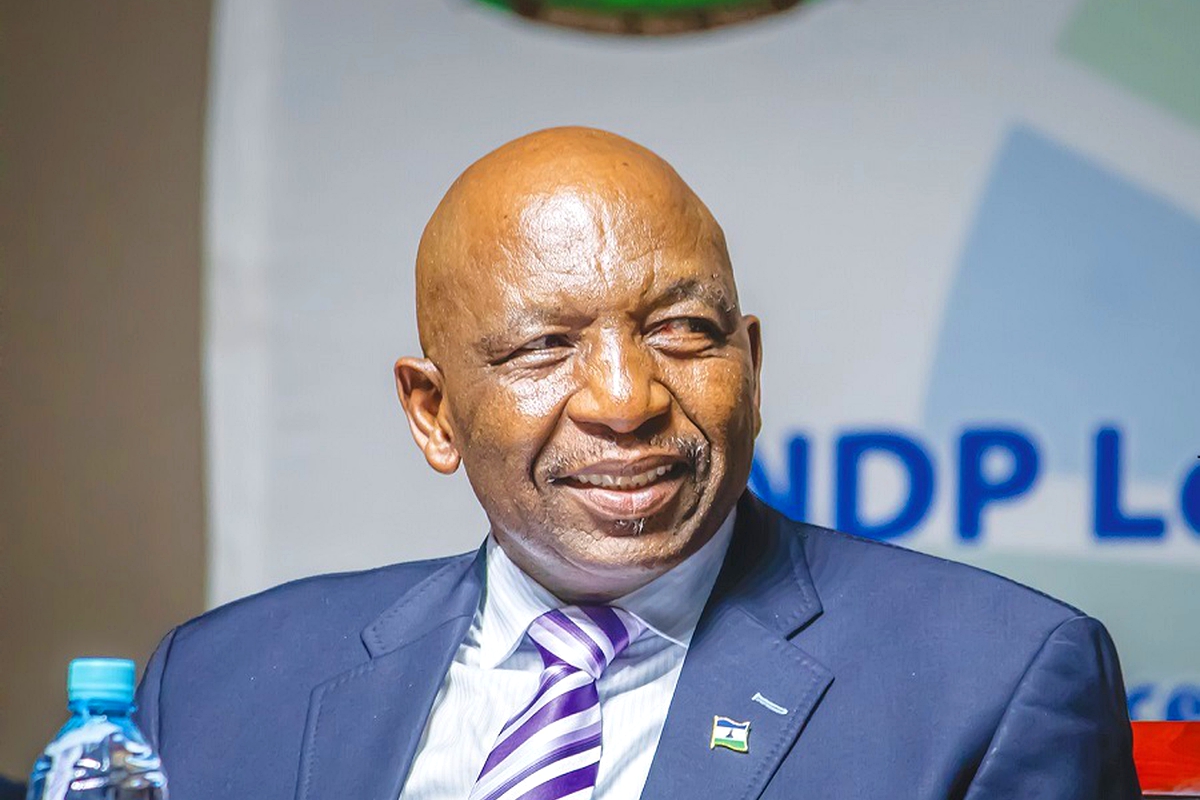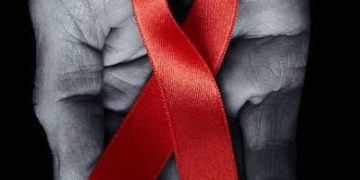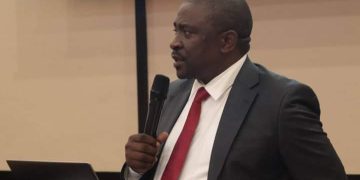
In a country where youth unemployment remains alarmingly high, the Government of Lesotho is acknowledging a deeper crisis—one that is often overlooked: the mental health and emotional well-being of young people.
At a press briefing held in Maseru on Monday, Prime Minister Honourable Samuel Ntsokoane Matekane announced the development of a national strategy aimed at addressing the twin challenges of youth unemployment and mental health. He emphasized the urgent need to support young people who have turned to drugs and alcohol—not by condemnation, but through care and opportunity.
“I see youth around 2pm in the streets drinking alcohol. That is not the kind of young people we want,” Matekane said. “We want them to be given jobs, and it should be up to them what they do with the opportunities. We want a generation that will carry on the legacy of leadership and business when we retire.”
The Prime Minister’s remarks reflect a growing concern over the rise in substance abuse among young Basotho, which many argue is both a symptom and a consequence of joblessness and social disillusionment.
On a related note, Minister of Gender, Youth, Sports and Recreation, Pitso Lesaoana, stressed the importance of providing psychological support from an early age. “We are already in discussions with the Minister of Education to ensure children are supported mentally from the beginning,” he said. “The question now becomes: what is government doing to keep youth actively engaged?”
Lesaoana highlighted several key initiatives already in place, including the Competitiveness and Financial Inclusion (CAFI) Project, Sebabatso, LEAP, and STEAM programs in the manufacturing sector. “Our current focus is on scaling these initiatives to reach more youth and help them develop relevant skills,” he said.
The government is also planning a Multipurpose Centre targeting women affected by depression, survivors of abuse, and teenage mothers. The centre will offer not just psychosocial support, but also training in entrepreneurship and skills development to enable economic self-reliance.
The urgency behind the new strategy is partly driven by a recent incident during recruitment by the Lesotho Defence Force (LDF), which aimed to select 500 new recruits. Over 12,000 youth from across the country arrived, some camping overnight in freezing winter temperatures. The massive turnout exposed not only the scarcity of job opportunities but also the desperation and emotional strain that many young people are silently enduring.
In response, youth organizations have called on the government to formally recognize mental health as a central concern. “The same youth you saw queuing for recruitment are the ones getting tattoos and smoking drugs as a coping mechanism,” one activist noted. “We can’t separate unemployment from mental health. They feed into each other.”
Substance abuse in Lesotho is increasingly being viewed as a national crisis. Activists and experts have pointed to the recently introduced Tobacco and Alcohol Levy as a potential funding source for youth employment and rehabilitation programs. According to the 2024 Revenue Services Lesotho (RSL) Financial Report Summary, the levy generated M160.80 million in revenue, slightly below its M168.45 million target—but still seen as a critical resource in the fight against youth disenfranchisement.
The evolving national strategy seeks to address not only the economic, but also the emotional needs of young Basotho—acknowledging that a mentally healthy generation is a prerequisite for sustainable development.





